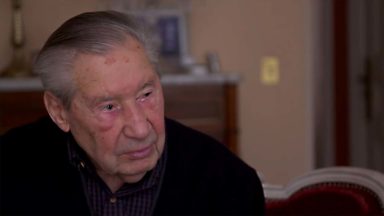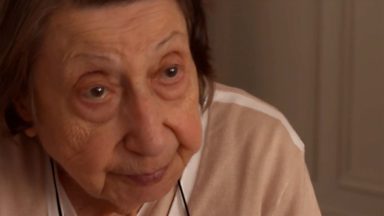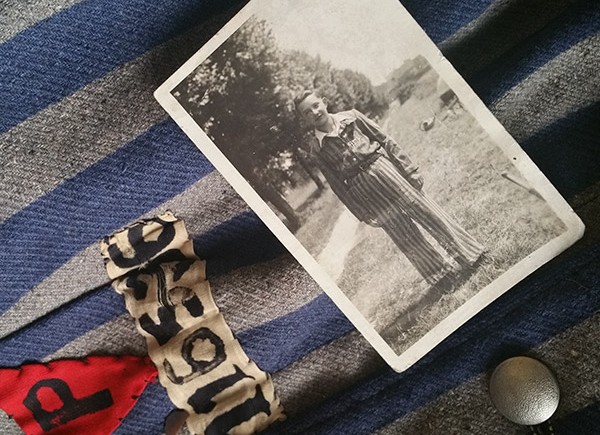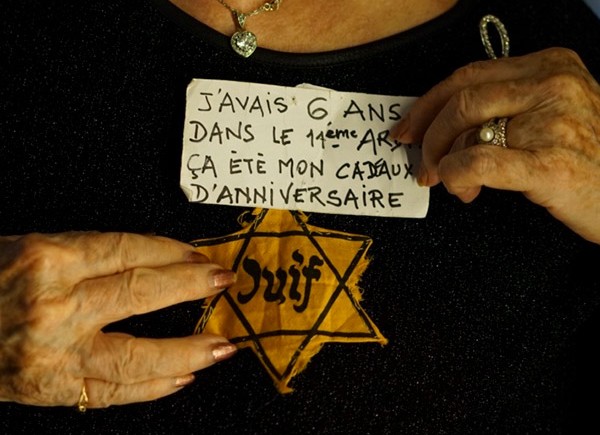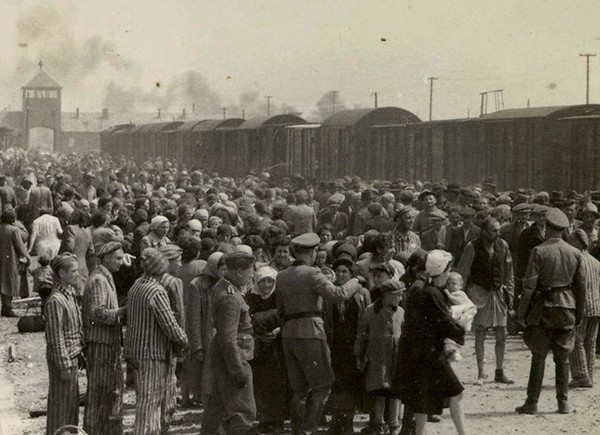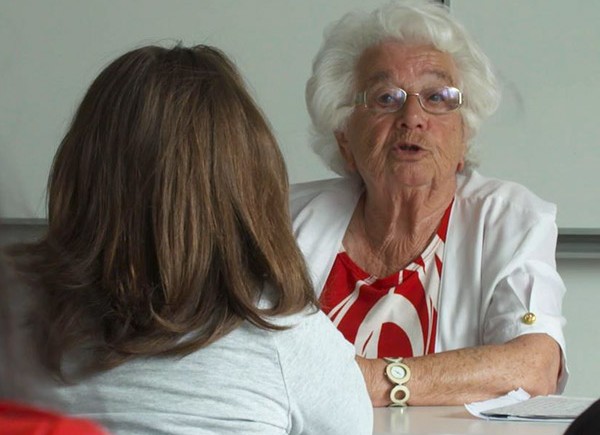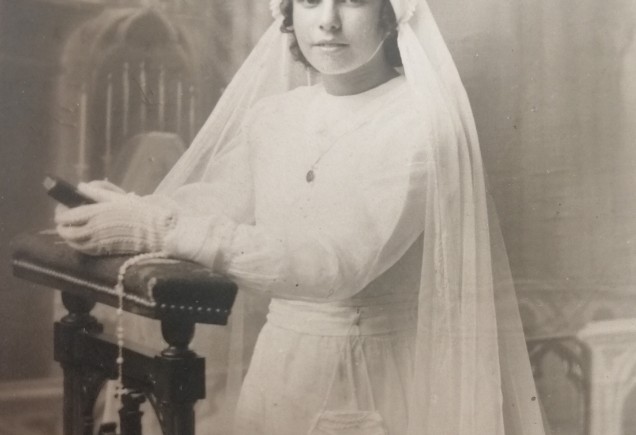
Sarah
Sarah Montard
Born in Poland in 1928, Sarah emigrated to France with her parents two years later. When the war broke out, Sarah was 11 years old and had just passed the entrance exam for middle school. However, this brilliant student had to give up the idea of studying any further, as her parents sent her to the south of France for her safety. She stayed there for a year, then returned to Paris, where she was arrested with her mother during the Vel’ d'Hiv round-up. Realizing that something terrible was afoot, they both managed to escape. For two years, they hid in Paris. Sarah, who wanted to be a doctor, continued her studies. One morning, at seven o'clock, just as she was about to leave for school, two policemen turned up to arrest them; the two women had been turned in. This time, there was no way of escaping; it was Drancy and then Auschwitz, on convoy 75. Together, they survived the ‘death march’ to Bergen-Belsen, where Sarah caught typhus. Her fever rose very high and her mother nursed her to health day and night for eight days. Sarah says her mother gave birth to her twice, at birth and after she almost died from typhus. When they left the camps, they went back to Paris but were unable to get their apartment back. So, they stayed with an aunt. Sarah remembers how she and her mother were given what she thought was an excessive amount of food. Something else from that time stayed in her memory: people refused to listen to their stories. "You have to forget" they were told. But how could they forget when they found out that the police officers who had arrested them had been awarded the Fourragère d'honneur, the medal for heroes of the Resistance? Miraculously, she was then reunited with her father. In 1952, Sarah got married to Philippe Montard, with whom she had two children. She would have liked to have had six children, but after the birth of the second child, her doctor said that her body couldn’t’ handle another pregnancy due to the damage she had endured in the camps. As someone who had been sent to her death, giving life was essential. She named her daughter Claire, in tribute to a comrade who never came back. Being a great-grandmother today is her "ultimate nose-thumbing" at Hitler.
More info on Sarah Montard


